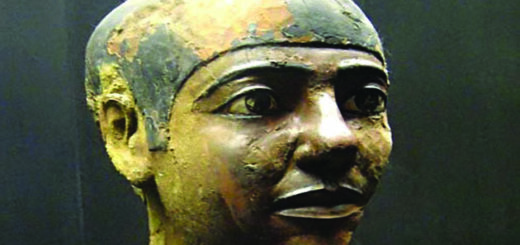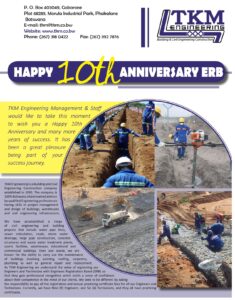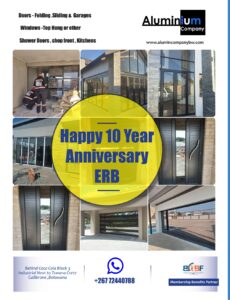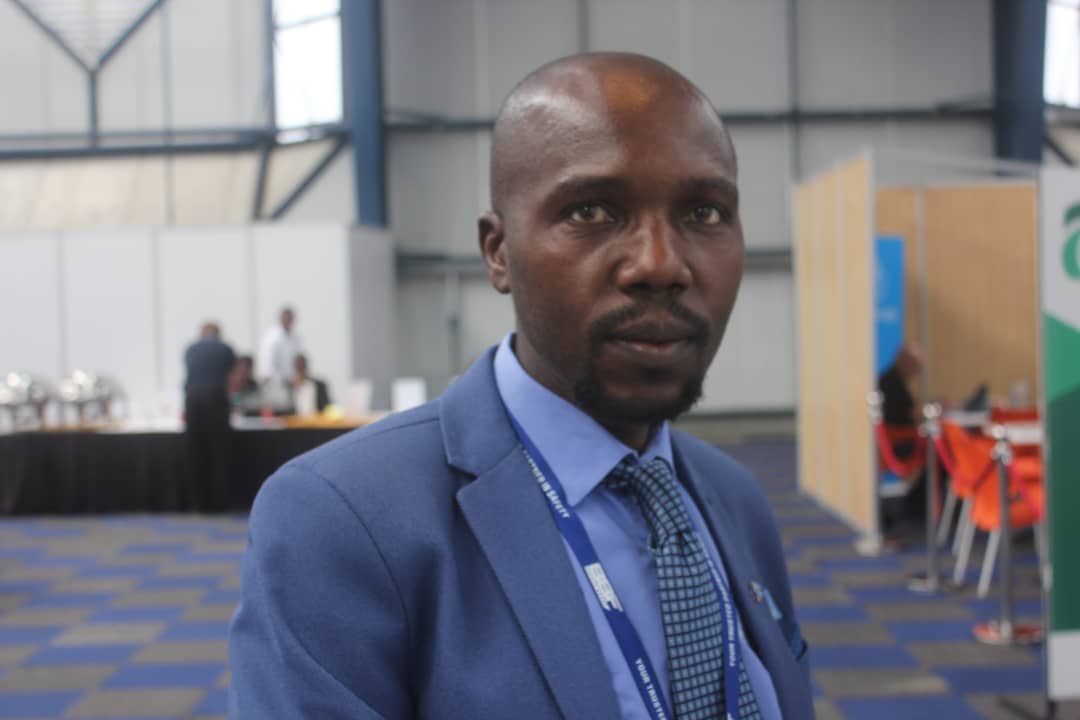Academy launches Project CARE to support engineering innovation to fight COVID-19 in Africa
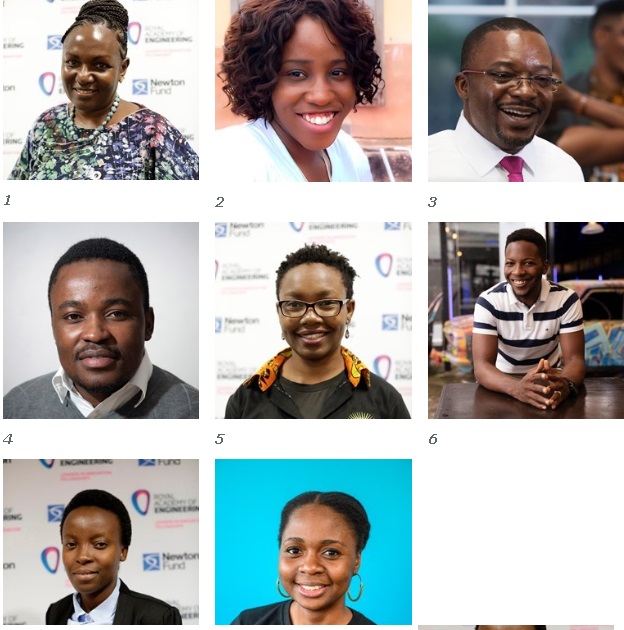
Five female entrepreneurs are combining their engineering and business skills in the fight against COVID-19 in sub-Saharan Africa thanks to funding from the Royal Academy of Engineering through its Project CARE (COVID Africa Rapid Entrepreneurs) initiative.
Project CARE is an international collaboration of academic, health and funding bodies in the UK and engineering entrepreneurs in Africa. Just over a month after it started, the programme is already helping local engineers to deliver products and services needed in the fight against COVID-19 in Kenya, Ghana, Nigeria and South Africa.
Project CARE was initiated by the Royal Academy of Engineering in early April as it became clear that the virulence and rapid transmission of COVID-19 could cause widespread infection and loss of life even in countries with robust national healthcare systems like the UK’s. The Academy works extensively with engineers in countries of sub-Saharan Africa, and became concerned that the challenges of COVID-19 could prove extreme in these areas, which have dense urban populations and less well-resourced healthcare.
Project CARE aims to deliver several complementary activities. One of these is to support engineering SMEs in sub-Saharan Africa to temporarily pivot or scale-up their businesses to help address the many challenges of COVID-19.
Around 200 current and past recipients of the Academy’s Africa Prize and Leaders in Innovation Fellowships programmes were invited to apply for funding last month. Some 53 applications were received and eight entrepreneurs, including five women, were successful. Each has received £5,000 to support them in pivoting or scaling up their current business model:
- Catherine Wanjoya – Slimlak Agencies – Kenya
Incinerators to safely dispose of used PPE on-site. - Josephine Marie Godwyll – Lab & Library on Wheels – Ghana
Ananse@Home STEM and art home-schooling app for children aged 8–14. - Chinenye Justin Nwaogwugwu – Macjames Global Resources Limited – Nigeria
Manufacture of MACJAMES ® HandSafe instant hand sanitizer with moisturiser, that meets WHO standards. - Osewe Collince Oluoch – ChanjoPlus – Kenya
USSD platform for real-time contact-tracing and to disseminate health information. - Frida Njogu-Ndongwe – Afyakit – Kenya
Timely, actionable data-driven insights on the readiness of health facilities to provide critical services. - Victor Boyle-Komolafe – GIVO (Garbage In, Value Out) – Nigeria
Production of affordable WHO-standard face shields from recycled PET bottles. - Linah Pununu Maphanga – Farmers Assistant – South Africa
Connecting smallholder farmers with local consumers, repairing informal supply chains. - Aisha Raheem – Farmz2U – Nigeria
Supporting farmers with data-driven insights to increase production and online distribution channels to increase sales.
Further activities are planned to support these individuals in addition to funding.
Dr Hayaatun Sillem, Chief Executive of the Royal Academy of Engineering, said: “The outlook for many African countries is very concerning. Alongside the medical professionals who risk their lives daily to do battle with this virus, engineers have important roles to play in managing and mitigating the impacts of the disease. As with the Academy’s other work in response to the coronavirus outbreak, our goal for Project CARE is to marshal the knowledge and expertise of our Fellows and wider network of engineers to enhance the response to COVID-19, in this case supporting our network of motivated and talented young engineering entrepreneurs in sub-Saharan Africa to apply their skills to the challenge. We do this not just for the immediate benefit of nations in Africa but for the benefit of the global community of engineers, so that together we can develop more efficient and effective ways of helping to tackle this pandemic and build our resilience to future threats.”
The launch of Project CARE is made possible through philanthropic funding, donations of manufacturing equipment and consumables, and the support of teams of volunteers with the appropriate expert knowledge. Additional funding is also being made available from the Academy’s Global Challenges Research Fund allocation. It is hoped that Project CARE will be able to scale up its impact by inviting more manufacturers and other partners to participate and further announcements will be made as plans are implemented.
reang.org.uk

